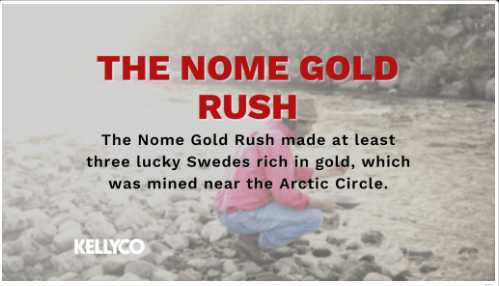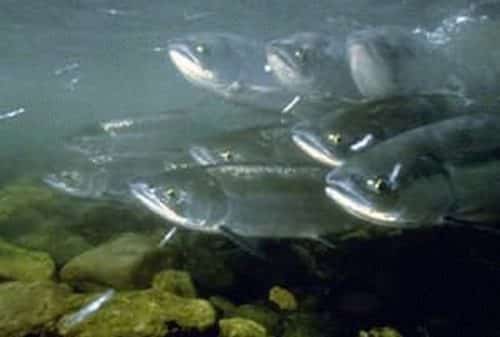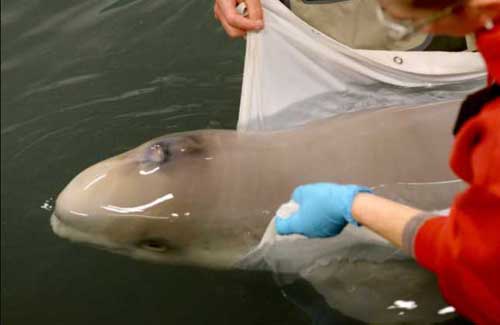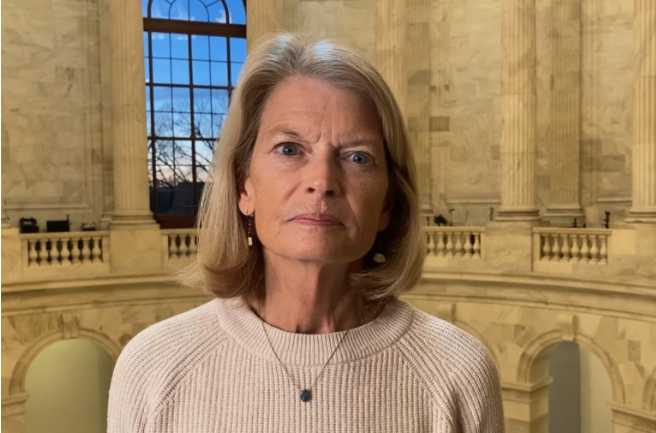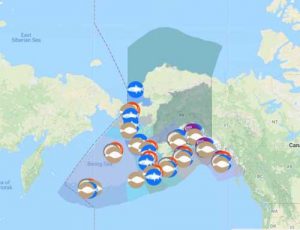
Alaska’s commercial fisheries are vast and lucrative. With a dockside value of $1.7 billion in 2016, the industry employs more than 29,000 people. To help fishermen and others understand more about Alaska’s 180-plus commercial fisheries, Alaska Sea Grant has developed an interactive map. It features target species, gear, locations, seasons and more.
Sunny Rice, Alaska Sea Grant’s Marine Advisory agent in Petersburg, spearheaded the project to complement the fisheries business tools on Sea Grant’s FishBiz website.
“Building the interactive map was a collaborative effort that allowed us to take advantage of the geographic diversity in our program,” said Rice. “Our agents from Nome to Unalaska to Kodiak and Prince William Sound drew on their knowledge of local fisheries to make sure we had a tool that made sense for Alaska fishermen. Mark Vinsel from United Fishermen of Alaska lent us his fishery database as a starting point, and we got input from ADF&G fishery managers.”
The interactive map allows users to search 183 different fisheries by region, target species and fishing gear. They can also search by limited entry, catch share, Individual Fishing Quota and other categories to help determine costs of entry. Each fishery is linked to its management agency website.
Many Alaska fishermen aim to diversify among fisheries as a business strategy so they will be resilient to changes in fish prices, regulations and climate. But Alaska Sea Grant industry surveys say that fishermen, especially new entrants, have limited understanding of fishing opportunities in other parts of the state. That’s why Rice launched the map project.[xyz-ihs snippet=”adsense-body-ad”]”We don’t have every single fishery in Alaska on the map, but we do have almost all the state-managed fisheries, and a few federally managed ones,” said Rice. “We hope it will provide a good browsing-place for someone looking to get into fishing, or to expand their fishing business.”
Marine Advisory agents asked dozens of commercial fishermen to test the fisheries map at the 2017 Pacific Marine Expo trade show in Seattle, last November. Fishermen gave positive feedback and encouraged Sea Grant to share the tool more broadly with lenders, permit brokers and university fisheries educators.
Users are invited to contact Rice with additions or revisions to the map. “Adding in the federal and cooperatively managed fisheries was a challenge in designing the map, but we would like to expand to include them at some point,” said Rice.
“I’m very open to suggestions for how to do that.” She can be reached at sunny.rice@alaska.edu.

